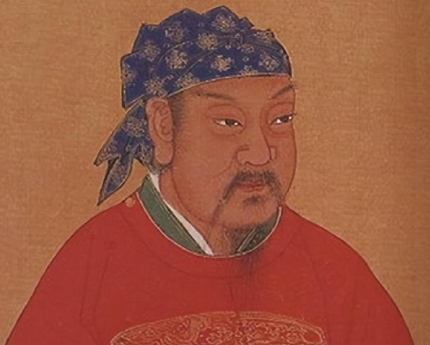In Chinese history, Princess Taiping is a legendary figure. Born into the royal family, she had an unusual fate and choices. Although she was described as "having great contributions to stabilizing the country," she chose the path of rebellion instead of enjoying a wealthy and noble life. Why did she do this? Let's reveal the truth behind Princess Taiping's story.

I. Princess Taiping's Identity and Background
Princess Taiping, whose real name was Li Guo'er, was the second daughter of Emperor Gaozong Li Zhi and Empress Wu Zetian. She was born during the golden age of the Tang Dynasty and was pampered since childhood. She received excellent education and demonstrated exceptional wisdom and talent. However, her life was not ordinary and was full of twists and turns.
II. Princess Taiping's Achievements and Status
Princess Taiping made outstanding contributions in politics, culture, and religion. She was involved in handling state affairs and had some influence on foreign relations. Additionally, she strongly supported Buddhism, promoting its spread and development in China. Therefore, she was regarded as an important figure with "great contributions to stabilizing the country" at that time.
III. Why Did Princess Taiping Choose Rebellion?
Despite her noble identity and status, Princess Taiping chose the path of rebellion. This was mainly due to her desire for power and dissatisfaction with the political situation. At that time, Empress Wu Zetian was ruling as the emperor, breaking the traditional male succession system. As Wu Zetian's daughter, Princess Taiping had a strong desire for power and hoped to have a greater influence in politics. However, she found a huge gap between her aspirations and reality, leading to strong dissatisfaction.
Moreover, Princess Taiping was an intelligent and ambitious woman. She was aware of her strengths and weaknesses and attempted to achieve her goals through rebellion. She believed that only by overthrowing the existing political order could a new political system be established that better suited her interests.
IV. Historical Evaluation and Impact
Princess Taiping's rebellion ended in failure, but her story left a profound impression on later generations. Her story teaches us that even members of the royal family cannot easily be satisfied with power. At the same time, her choices reflect the complexity and instability of the social and political environment at that time.
In conclusion, Princess Taiping's choice not to enjoy a wealthy and noble life and instead rebel was mainly due to her desire for power, dissatisfaction with the political situation, and the pursuit of her own interests. Her story provides a window into understanding the history of the Tang Dynasty and reminds us to cherish the existing social order and political stability.
Disclaimer: The above content is sourced from the internet and the copyright belongs to the original author. If there is any infringement of your original copyright, please inform us and we will delete the relevant content as soon as possible.































